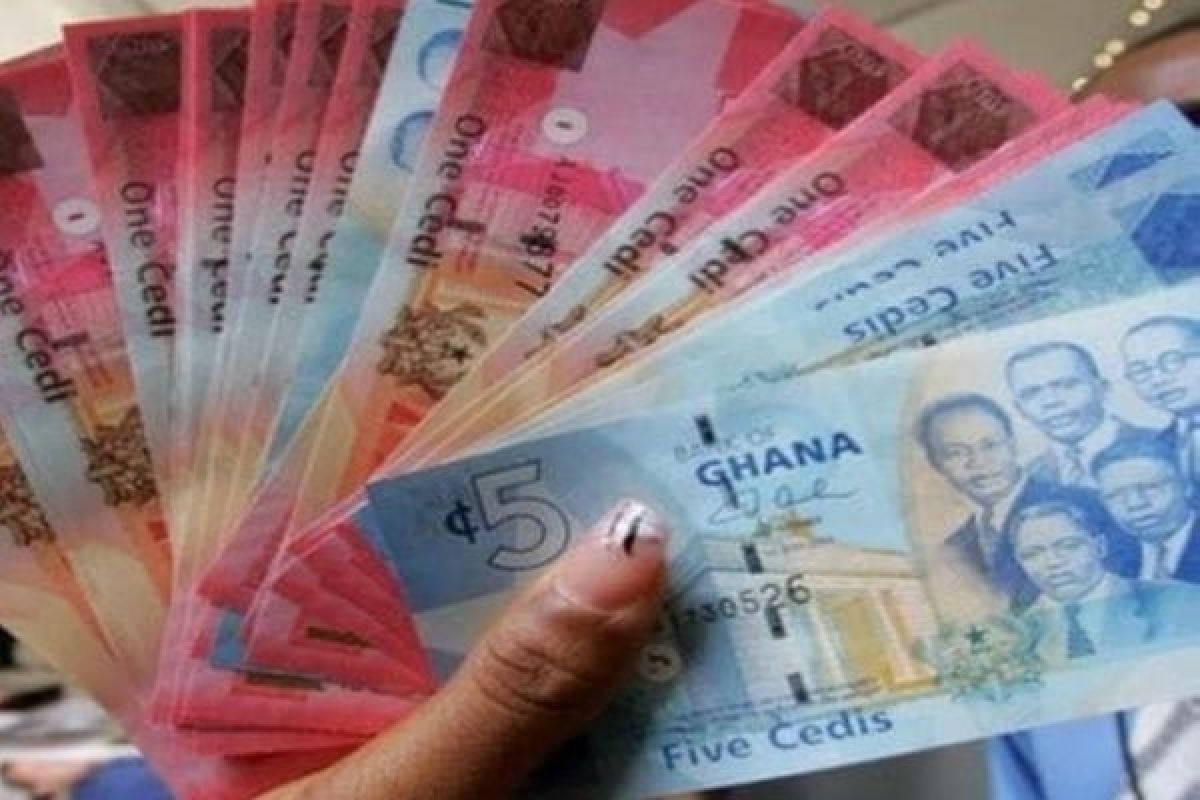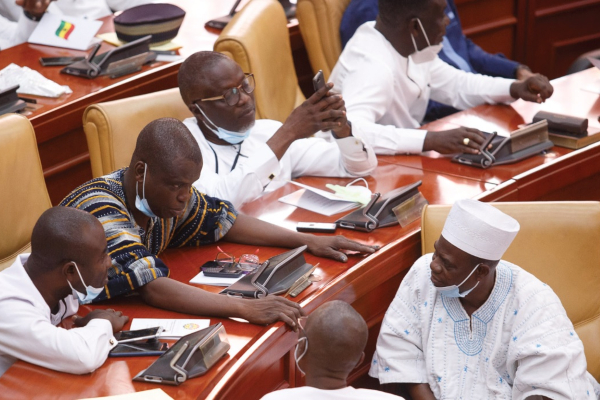Ghana financial tax faces legal challenge

Opposition MPs to challenge Ghana’s controversial levy on electronic transfers at the Supreme Court. By Cliff Ekuful in Accra.
The implementation of Ghana’s Electronic Transfer-Levy (E-Levy) has been thrown into doubt, following a Supreme Court appeal by three members of the opposition.
Ghana’s Supreme Court has agreed to hear the case on May 4, three days after the government’s flagship legislation is due to come into force.
The case is being brought by Minority Leader Haruna Iddrisu, and Samuel Okudzeto Ablakwa and Mahama Ayariga, also from the opposition National Democratic Congress (NDC).
They have described the controversial tax on financial payments as ‘unconstitutional’.
Their case hinges on a clause in the 1992 constitution that at least 138 of the country’s 275 MPs be present in the chamber for a law to be valid. Only 136 members of parliament were present when the controversial bill passed amid a walkout by the opposition on March 29.
The new law imposes a 1.5 per cent tax on all electronic and mobile money transfers and is expected to rake in about GHc 6.9 billion ($900 million) in taxes.
The money is desperately needed by President Nana Akufo-Addo's government, which is struggling to balance the books after two years of damaging lockdown restrictions.
Preliminary figures show the national debt ballooned between December 2020 and December 2021, from $28.15 billion – approximately 61 per cent of GDP – to $45.38 billion, or just over 80 per cent of GDP.
The government believes the new financial tax will help reduce its fiscal deficit to 7.4 per cent of GDP.

Andy Appiah Kubi, an MP for the ruling New Patriotic Party (NPP), is confident the new law won't be thrown out by the Supreme Court.
In his view, the new development forms part of the tactics of the NDC to thwart the government's effort at reviving the economy.
He added: 'A million allegations does not constitute evidence in any way so there is no cause for alarm.’
While the delay of the bill may be frustrating for the government, the appeal was welcomed by a section of Ghanaians, who view the E-levy as retrogressive.
Joseph Ackah, a primary school teacher in Accra told NewsAfrica that he had hoped the minority – as Ghanaians refer to the opposition – would ensure that the bill was withdrawn and not reintroduced again.
Like a lot of opposition supporters, he is angry with theminority for the walk-out.
Ghana currently has de-facto hung parliament, and given one member on the majority side was out of the country at the time, the vote would have been tied 137 to 137 if all minority MPs had voted against. A situation that would have seen it dismissed.
‘To say I am disappointed is an understatement. I believe all the noise by the minority against the bill is a charade and intended to hoodwink Ghanaians into believing that they are working in our interest.’
Similarly, Joyce Ahiadzro, a mobile money vendor in the central business district of Accra, could not hide her disappointment in members of the legislature, especially those on the minority side.
'From day one, I knew all our MPs will be bought by the executive to pass this bill and that is exactly what they have done. They think we are fools so they always play with our mind,’ she told NewsAfrica.
Meanwhile, the Ghana Chamber of Telecommunications has asked for a review of portions of the law to exclude the 1.5 per cent charge salaries paid via mobile money.
Its chief executive officer, Kenneth Ashigbey, said that salaries that are paid via mobile money would attract the 1.5 per cent charge, whereas salaries paid through banks will not attract any E-levy.
‘That definitely is not equitable and is discriminatory.'



